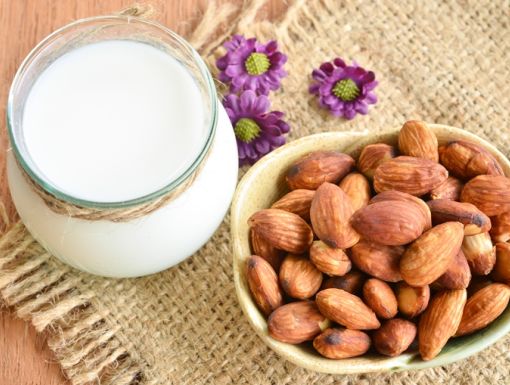
5 Surefire Signs Your Baby Might Have a Milk Allergy (and How to Help Them)
Milk allergy is among the most common childhood food allergies. Approximately 2%-7% of infants 1 year and younger have this allergy, but some of them outgrow it.
Milk allergies occur when a person’s immune system sees the protein in cow’s milk as a foreign invader. The body defends itself by releasing histamine, a chemical that causes a wide variety of symptoms.
The main treatment for milk allergy is straightforward: Avoid milk and milk products. Younger children who do not outgrow the allergy may also need to continue to avoid milk products at an older age.
What are milk products?
Milk products are any food or drink that contains milk. Some examples of foods or drinks that may contain milk products are:
- Cow’s milk
- Cheese
- Yogurt
- Ice cream and milkshakes
- Butter
- Some soups, sauces and salad dressings
Symptoms of milk allergy in infants
Children who have a milk allergy can show symptoms right away, within minutes and up to hours after consuming milk or anything that contains milk proteins. These symptoms can appear in various areas of the body.
Symptoms of a milk allergy in infants include:
- Skin changes, like hives and eczema
- Upset stomach (including nausea, vomiting and bloody stools)
- Mood change or dizziness
- Eye itchiness or redness
- Anaphylaxis (a reaction that can cause life-threatening symptoms, like difficulty breathing and low blood pressure)
If anaphylaxis is occurring, it is important to seek emergency treatment immediately. If concerning symptoms have happened before, healthcare providers may prescribe an Epipen for usage in an emergency.
If you suspect your child has a milk allergy, schedule an appointment with your pediatrician. Sometimes, there is also the involvement from other specialists, like pediatric allergists and gastroenterologists, for further testing and management.
Healthcare providers pay attention to the medical history of the child before determining diagnosis and management. Based on the person’s background, allergy tests may be performed on the skin, or blood tests may be done. This is where an allergist may be helpful.
It’s important not to confuse a cow’s milk allergy with lactose intolerance. A cow’s milk allergy and lactose intolerance are two different responses to milk.
Lactose intolerance occurs because of the body’s inability to break down and digest lactose, which is the sugar in milk. Some symptoms of a lactose intolerance include bloating, gas and diarrhea after eating or drinking lactose.
Milk allergy, on the other hand, is a problem with the immune system and can cause the symptoms mentioned above.
Treatment of Milk Allergy in Kids
When there is a diagnosis of cow’s milk allergy, the recommendation is that milk protein be eliminated from the child’s diet. That means foods like milk, cheese, yogurt, butter and ice cream are off limits.
For infants, removing milk products from the mother’s diet and seeing if there is improvement in breastfed infants or using formula with broken down milk proteins may be suggested.
Parents and guardians are advised to read food labels carefully and to be on the lookout for the many prepared foods that include milk products, such as baked goods.
Working with healthcare providers can be helpful for parents to learn the best way to avoid milk-containing products in the cases of milk allergies. Eliminating milk products from a child’s diet can be more complicated than one might think.
Because cow’s milk provides many important nutrients, especially calcium and vitamin D, a pediatric dietitian can help ensure that your child is getting enough of all the nutrients necessary for healthy growth. There are alternatives for infants and children to ensure they are getting the appropriate nutrition for growth and development.
Cow’s milk allergies impact younger children more and do not occur as commonly in adults. The approach and management of this allergy is possible through continuous monitoring of your child’s diet.
If you suspect your child has a milk allergy, make an appointment with your pediatrician. If your child is having an allergic reaction, call 911 or visit the emergency room.
Learn more about Ochsner pediatrics or find a pediatrician close to home.



